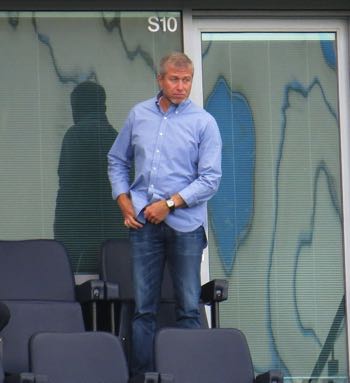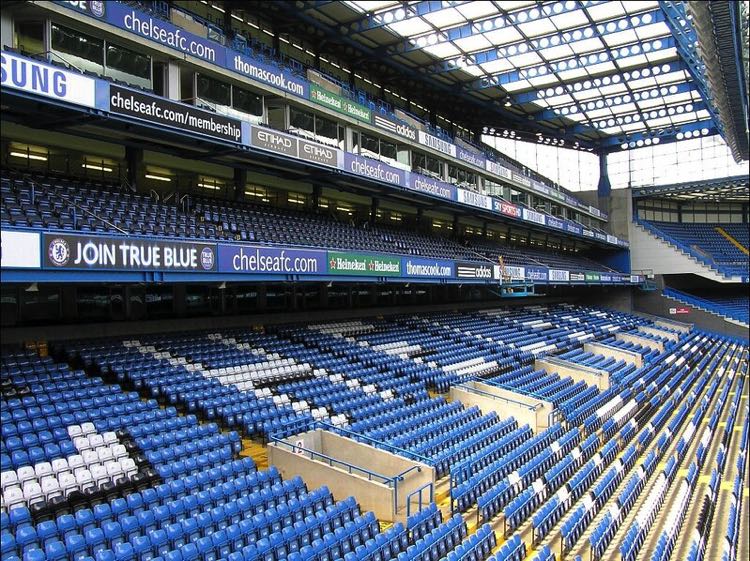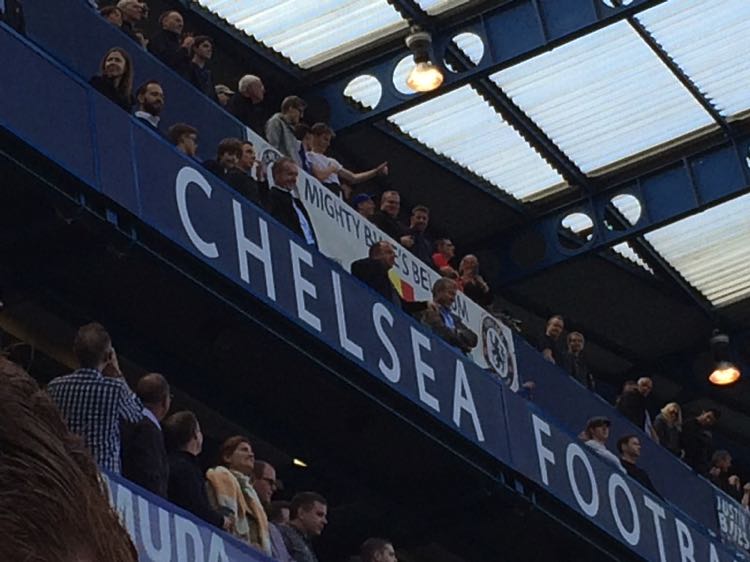On the 30th of May, 2022, Roman Abramovich’s 19-year reign as Chelsea owner officially came to an end. The Russian billionaire had purchased Chelsea back in 2003, thus kicking off a golden period for the club. During Abramovich’s tenure, the Blues won an astounding 21 trophies, including five Premier Leagues and two Champions Leagues. This immense success was in no small part due to the Russian’s enormous investment in the club, who consistently ranked among the biggest spenders in the transfer market during his reign.
This investment also allowed Chelsea to recruit some of the game’s top managers, including Jose Mourinho, Antonio Conte and Carlo Ancelotti. However, following the Russian invasion of Ukraine, which saw Abramovich’s assets frozen, the billionaire was forced to sell the club, which was then purchased for a total of £4.25 billion by a consortium led by Todd Boehly, who has now become the club’s chairman.
Why Did Abramovich Sell Chelsea?

After Vladimir Putin’s invasion of Ukraine in February, several Russian nationals living in the UK, many of whom are very wealthy, had their assets frozen, which included the owner of Chelsea Football Club, Roman Abramovich. Therefore, on the 2nd of March, just a week after Putin’s invasion, Abramovich put the west London club up for sale, ending his 19-year stint as owner.
Abramovich’s ties to the Russian government saw his assets effectively frozen, and although there was no shortage of bidders, it took until May for a deal to be finalised. This was because the British government needed to legally ensure that the Russian would in no way financially benefit from the club’s sale, and that instead the billions of pounds involved would be frozen in a UK bank account.
The money from the sale would then be used to support Ukraine, donated to humanitarian causes to aid the struggling Eastern European nation in its fight to repel Russia. This was actually against the wishes of Abramovich, who had initially asked for the money to be donated to “all of” the victims of the conflict, a proposal that was quickly rejected.
Who Are Chelsea’s New Owners?
Chelsea’s new group of owners are primarily led by Todd Boehly, alongside Clearlake Capital, Mark Walter and Hansjorg Wyss. This consortium, known as Chelsea FC Holdings Limited, purchased Roman Abramovich’s 100% stake in the club for £2.5 billion, whilst also committing another £1.75 billion towards investment in Stamford Bridge, the academy in Cobham and other key areas of the club, including the women’s team.
Who Is Todd Boehly?

Todd Boehly is an American billionaire businessman and investor, who is the new chairman and co-owner of Chelsea Football Club. Boehly is the CEO of Eldridge Industries, a holding company that invests in several different industries, including asset management, technology, sports, real estate and insurance, amongst many others.
According to Forbes, Boehly’s net worth is an eye-watering £3.6 billion, which he largely amassed through his role at Guggenheim Partners and a series of other successful investments. These investments include purchasing a 20% in the MLB team, Los Angeles Dodgers, buying fantasy sports company, DraftKings, and buying a 27% stake in NBA team, Los Angeles Lakers, alongside long-time associate, Mark Walter.
Despite having little experience of English football, Boehly has had his eye on Chelsea for a while, having had a $3 billion bid rejected by Abramovich in 2019. However, the Russian was unable to reject Boehly’s offer in 2022, allowing his consortium to successfully purchase the West London club, beginning a new era for Chelsea.
Who Are His Fellow Investors?
 Clearlake Capital are also a key part of Chelsea’s new ownership, and they are an American investment company, founded in 2006 by Jose E Feliciano, Behdad Eghbali, whose input was vital in the consortium’s negotiations, and Steven Chang. As well as Chelsea, Clearlake also invests in healthcare, communications and industrial companies, with their assets totalling over $70 billion.
Clearlake Capital are also a key part of Chelsea’s new ownership, and they are an American investment company, founded in 2006 by Jose E Feliciano, Behdad Eghbali, whose input was vital in the consortium’s negotiations, and Steven Chang. As well as Chelsea, Clearlake also invests in healthcare, communications and industrial companies, with their assets totalling over $70 billion.
Mark Walter is a long-standing associate of Todd Boehly, having worked alongside him at Guggenheim Partners, which Walter founded and remains CEO of. Alongside Boehly, he is also part-owner of the LA Dodgers, and is now co-owner of Chelsea. Hansjorg Wyss is an 86 year old Swiss billionaire, who made his fortune as the founder and chairman of Synthes Holding AG, a company that manufactures medical devices. Wyss also set up the Wyss Foundation in 1989, which is a charitable organisation focusing on environmental causes that has over $2 billion worth of assets.
Does Chelsea Have Shareholders?
Under Roman Abramovich, Chelsea had no shareholders, as the Russian owned 100% of the club. However, now that his stake has been purchased by a variety of different investors, it is assumed that these shares will now be divided, although the exact percentages have not been released to the general public.
Having said that, it appears that Clearlake Capital will most likely be the club’s majority shareholders, with the rest of the club’s shares presumably owned by Boehly, Walter, Wyss and any other investors that make up Chelsea FC Holdings Limited. This therefore means that Chelsea fans are unable to purchase a stake in the club.
How Will Chelsea Look Under the New Regime?

Abramovich’s tenure as Chelsea owner was characterised by enormous investment in the transfer market, and this is something it appears Boehly is unafraid of doing, having already brought in the likes of Raheem Sterling and Kalidou Koulibaly in his so-far brief spell at the club.
Furthermore, the sheer fact that the consortium purchased Chelsea for a monumental £4.25 billion, which is the record fee for a sports team, suggests that they will not shy away from getting their chequebooks out!
However, there will certainly be a difference in how the club is run. It seemed as if Abramovich saw Chelsea as a bit of a trophy asset, with his often poor-judged investments leading to the club losing an average of more than £900,000 a week during his reign. On the other hand, Boehly’s consortium is much more likely to be shrewd with the club’s investments, and they will also want to prevent Chelsea from continuing the managerial merry-go-round that cost Abramovich almost £100 million in redundancy payments.

